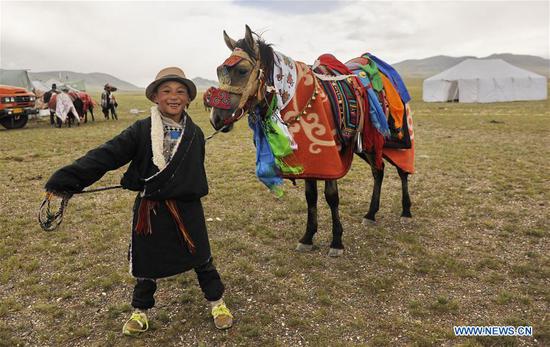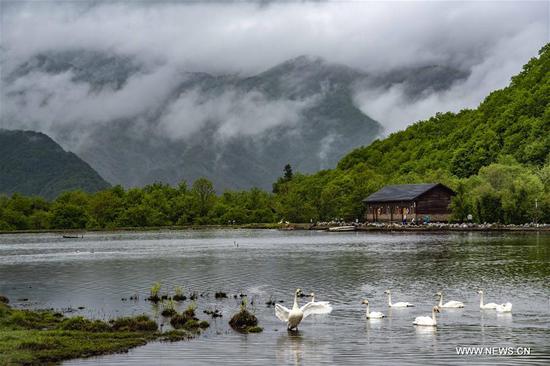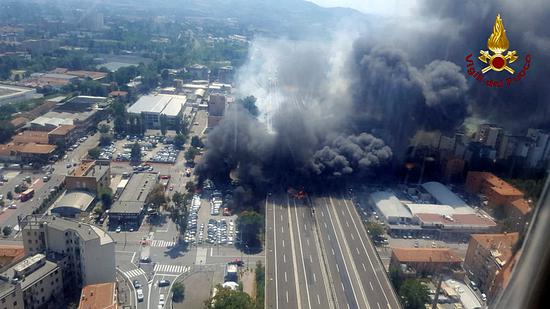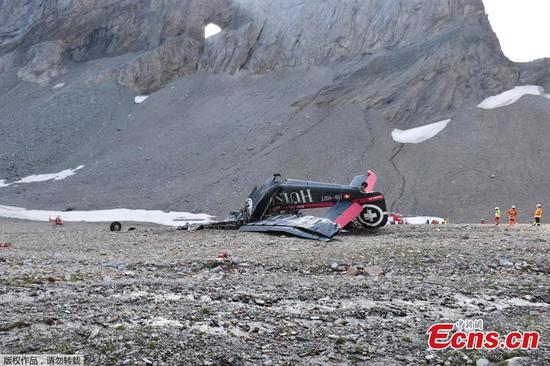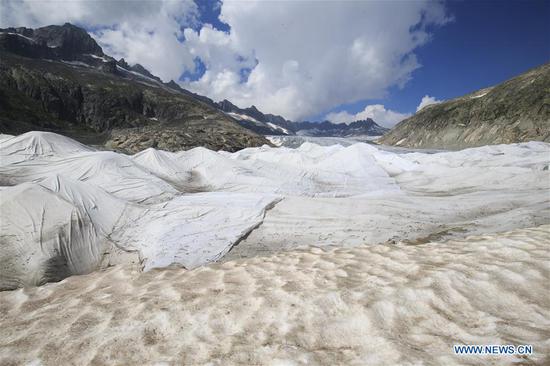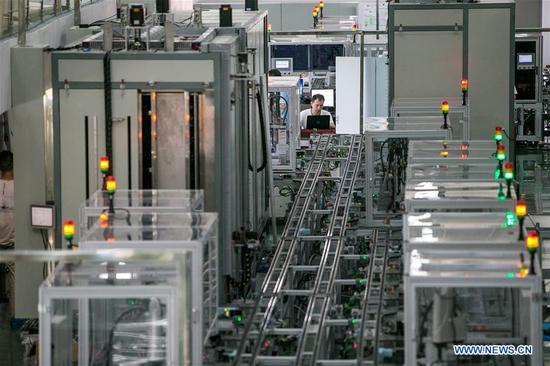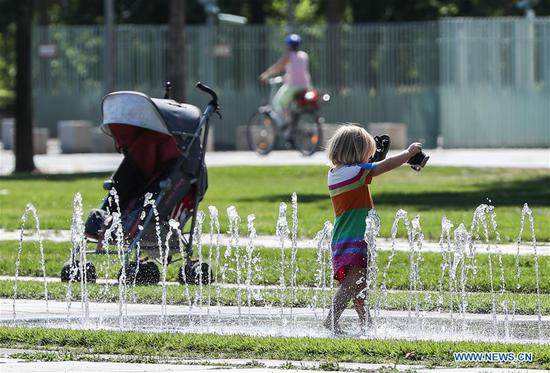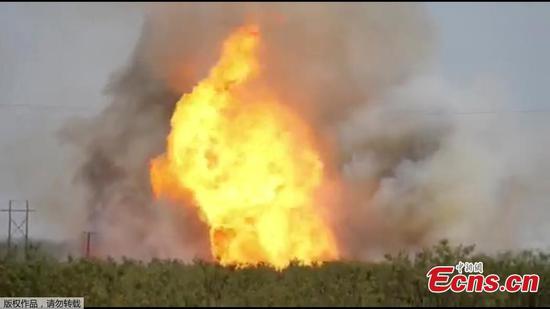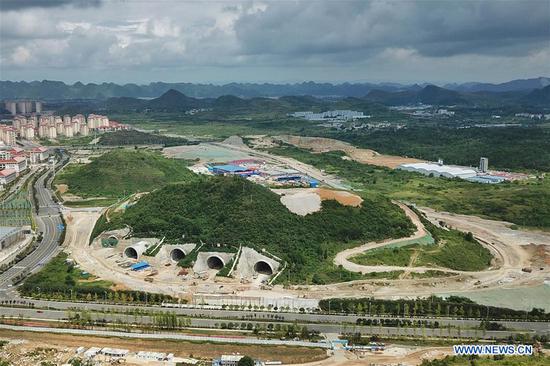A study published on Monday in the journal Proceedings of the National Academy of Sciences suggested that keeping global warming to within 1.5 to 2 Celsius degrees might be more difficult than previously assessed.
Even if the carbon emission reductions called for in the Paris Agreement are met, there is a risk of Earth entering what the scientists call "Hothouse Earth" conditions, according to the study made by Australian, Swedish and Danish scientists.
A "Hothouse Earth" climate will in the long-term stabilize at a global average of 4 to 5 Celsius degrees higher than pre-industrial temperatures with sea level 10 to 60 meters higher than today.
Currently, global average temperatures are just over 1 degree above pre-industrial and rising at 0.17 degree per decade.
"Human-induced global warming of 2 Celsius degrees may trigger other Earth system processes, often called 'feedbacks' that can drive further warming, even if we stop emitting greenhouse gases", said the paper's lead author Will Steffen from the Australian National University.
The researchers considered ten natural feedback processes, some of which are "tipping elements" that lead to abrupt change if a critical threshold is crossed.
These feedbacks are: permafrost thaw, loss of methane hydrates from the ocean floor, weakening land and ocean carbon sinks, increasing bacterial respiration in the oceans, Amazon rainforest dieback, boreal forest dieback, reduction of northern hemisphere snow cover, loss of Arctic summer sea ice, and reduction of Antarctic sea ice and polar ice sheets.
"These tipping elements can potentially act like a row of dominoes. Once one is pushed over, it pushes Earth towards another," said the paper's co-author Johan Rockstrom, Executive Director of the Stockholm Resilience Centre.
"It may be very difficult or impossible to stop the whole row of dominoes from tumbling over," said Rockstrom.
To avoid that scenario, it's not enough to reduce carbon dioxide and other greenhouse gas emissions. Enhancement and creation of new biological carbon stores, biodiversity conservation and technologies that remove carbon dioxide from the atmosphere and store it underground are needed, according to the study.
"Climate and other global changes show us that we humans are impacting the Earth system at the global level," said another co-author, Katherine Richardson from the University of Copenhagen.









